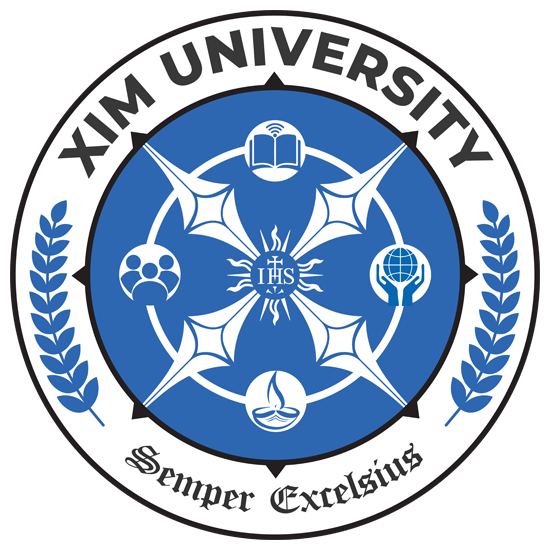Centre for Distance and Online Education
Not a Choice, but a Commitment
XIM University came into being with the passing of Odisha (Amendment) Act 2021 in the Odisha Legislative Assembly on 11th May 2021, renaming Xavier University as XIM University, being the first Jesuit University in India, is committed to the ideology of ‘education for the margins’. XIM University believes that starting the Centre for Distance and Online Education (CDOE) will open the floodgates of higher education to the margins and those who wish to enrich their professional and personal life through continuous learning.
The programmes under Centre for Distance and Online Education(CDOE), Bachelor of Science (Hons.) in Sustainable Development (B.Sc-SD) and Certificate in Liberal Studies (CLS) shall be offered in collaboration with JWL (Jesuit Worldwide Learning).
The programmes under DOL, Certificate in Liberal Studies (CLS) and Bachelor of Arts in Sustainable Development (BA-SD) shall be offered in collaboration with JWL (Jesuit Worldwide Learning)
More Details
Vision
Enabling people to lead extraordinary lives and be the light for the world.

Mission
Inclusive, affordable and quality higher education for promoting knowledge societies and communities.
Suggested Activities
Academic Programmes:
Faculty Members and Subject Experts will support the proposed CDOE initiative in designing, developing, delivering and assessing the programmes. The programmes can be a Certificate, Diploma and Degree. Initially, CDOE will be launching Bachelor of Science (Hons.) in Sustainable Development (B.Sc-SD) and Certificate in Liberal Studies (CLS) in collaboration with JWL and School of Sustainability.
Roadmap:
Keeping in view the mission of XIM University, CDOE will prepare and submit a roadmap for the academic programmes to be offered during 2024-2025 in consultation with the field experts.
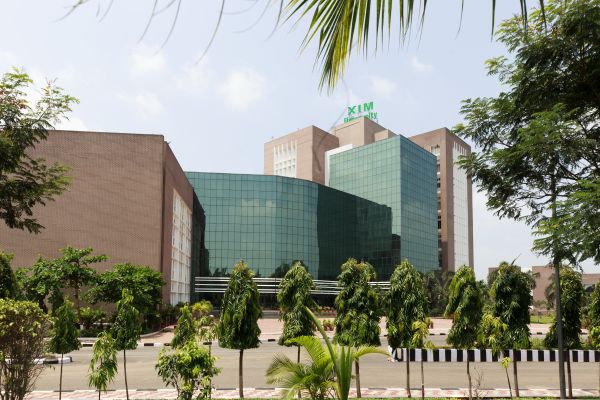
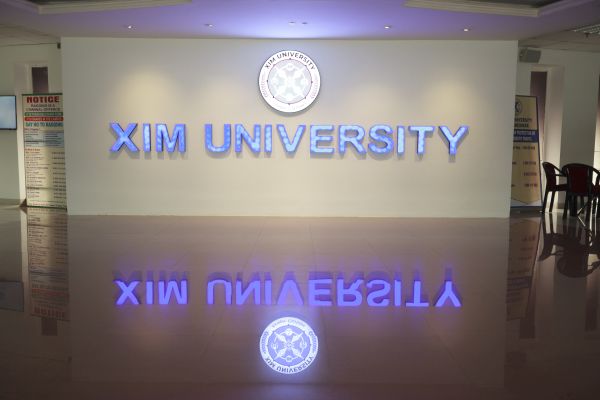
Mode of Delivery:
Blended learning will be the dominant mode of delivery for facilitating teaching and learning.
Capacity of Building of Faculty and Staff:
CDOE will organize various need-based training programmes, workshops, seminars to build the capacity of faculty and staff for designing and developing academic programmes that can be offered through blended learning mode.
Networking and Partnership Building:
Besides JWL, CDOE will partner with universities and institutions engaged in open and distance learning in India and other countries.
Advisory Board
CDOE will have an advisory board consisting of eminent persons representing:
- Open Universities
- MGNCRE, MHRD, GoI
- Directorate of Distance Education, UGC, GoI
- UNESCO
- CEMCA (Commonwealth Education Media Centre for Asia)
- International Civil Societies and Business Organizations
Academic Committee:
There will be separate Academic Committee for each programme. The committee members will be eminent scholars and the faculty from the respective areas.
Module Preparation Team:
Each academic programme will consist of different modules. Its proposed to have a team of experts for each or some modules. The team members will mostly be the faculty, also known as subject matter experts (SMEs) and the SMEs from other institutions.
- Director
- Assistant Registrar
- Faculty: As per UGC norms, the faculty students ratio is 1:100
- Academic Coordinator: Three Academic Coordinators, one for UG, one for PG and one for PhD programmes.
- Technical Coordinators: Two Technical Coordinators, one for UG and the other for PG and PhD.
- Programme Coordinator: For each programme, there will be one Coordinator. S/He will be from the respective School and will work closely with CDOE.
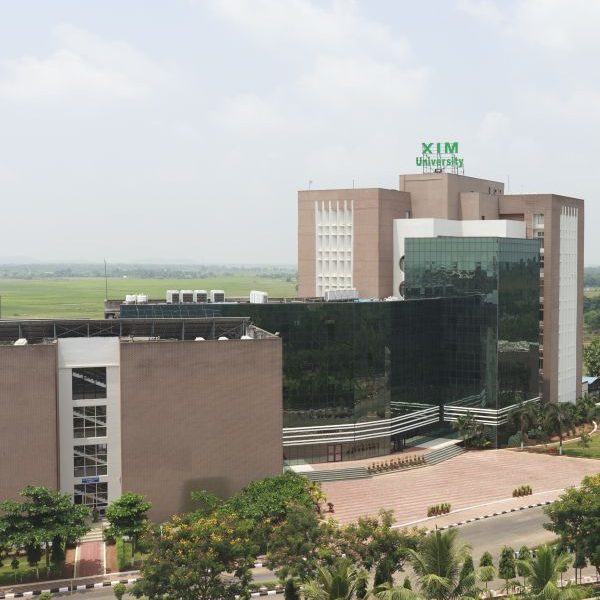
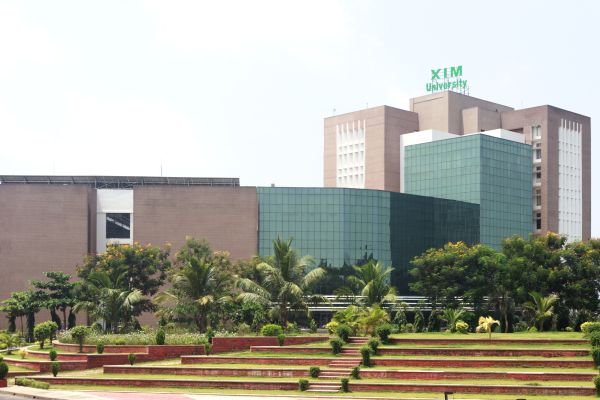
Office of DOL
The office of CDOE will have the following set of personnel and facilities.
Learning Centres:
Depending on the number of students enrolled, it may be necessary to have Learning Centres (LCs) in different parts of India and other countries if permitted. Each LC will have a team of 2-3 persons. The LCs can be on partnership mode.
Expected number of Students:
To have at least 1000 students by 2025
Proposed Academic and Administrative Policy
- Programme Development
- Programme Delivery
- Admissions
- Evaluation
- Award of Certificates. Diplomas, Degrees
- Cost/Fee
- Awards for Merit
- Approvals/Recognition
- Geographic Boundary (National/International
- Faculty Remuneration for course development, delivery evaluation etc.
